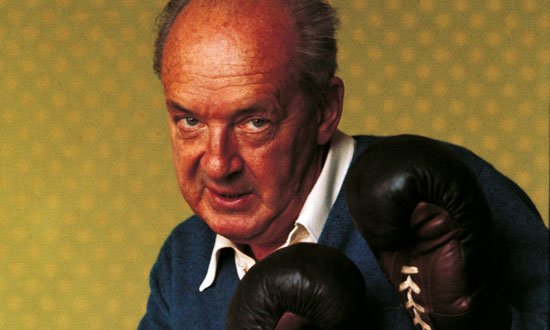Judging a book by its cover: The Bell Jar
This is a heart-rending story of big expectations, secret hopes and immense disappointments. Esther Greenwood, Plath’s invented persona, feels trapped inside the dreary world that surrounds her. It is as if she’s living under a bell jar. On her road from adolescence to adulthood, she is lost since she has no hand to guide her. Poetry may be the only thing that could protect her from her suicidal tendencies. Undoubtedly, Plath’s persona is so realistic and relatable that the readers cannot help but empathize with her.







